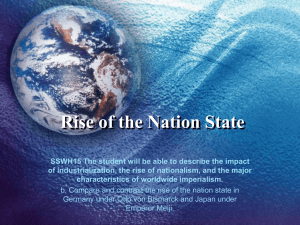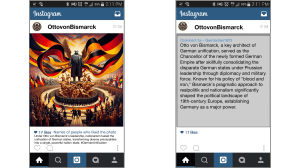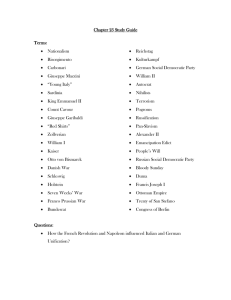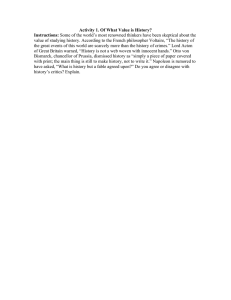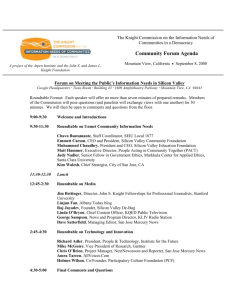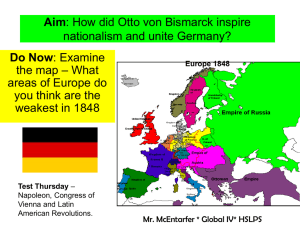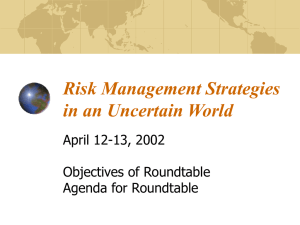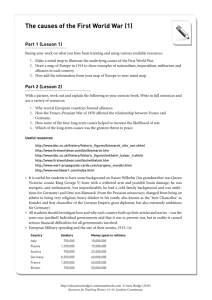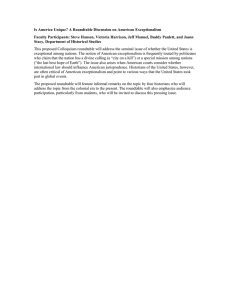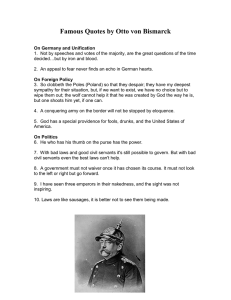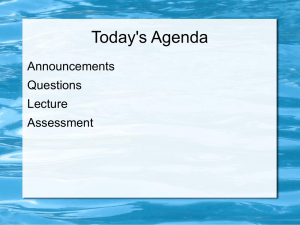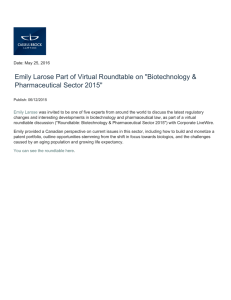Nationalism roundtable - Fairfield Public Schools
advertisement
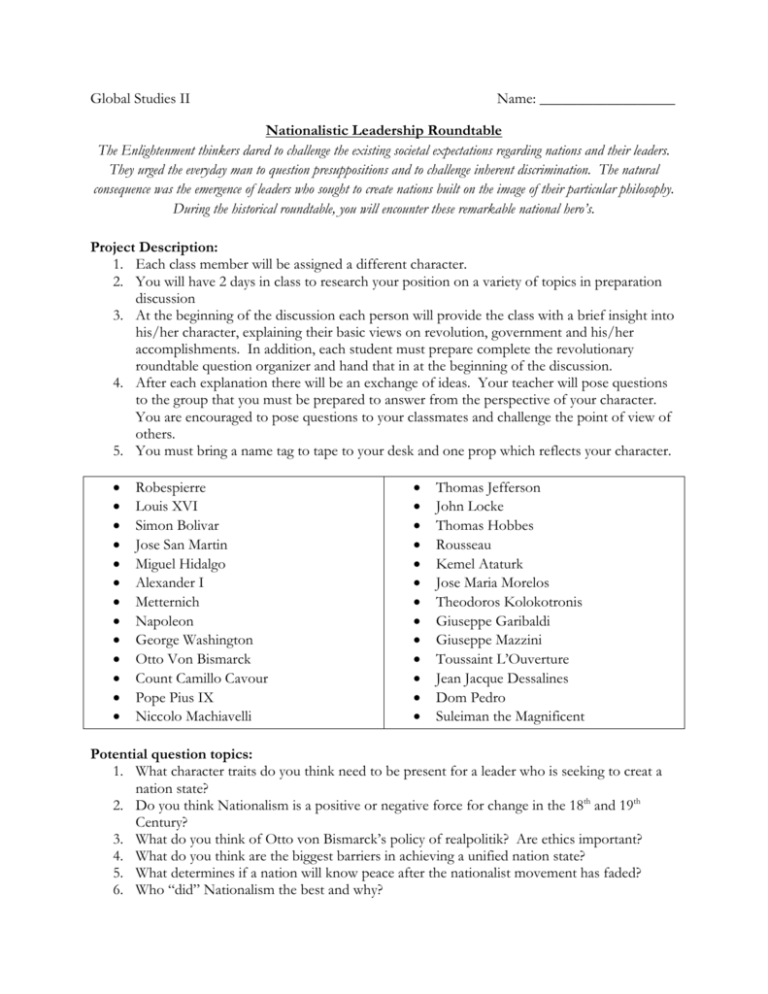
Global Studies II Name: __________________ Nationalistic Leadership Roundtable The Enlightenment thinkers dared to challenge the existing societal expectations regarding nations and their leaders. They urged the everyday man to question presuppositions and to challenge inherent discrimination. The natural consequence was the emergence of leaders who sought to create nations built on the image of their particular philosophy. During the historical roundtable, you will encounter these remarkable national hero’s. Project Description: 1. Each class member will be assigned a different character. 2. You will have 2 days in class to research your position on a variety of topics in preparation discussion 3. At the beginning of the discussion each person will provide the class with a brief insight into his/her character, explaining their basic views on revolution, government and his/her accomplishments. In addition, each student must prepare complete the revolutionary roundtable question organizer and hand that in at the beginning of the discussion. 4. After each explanation there will be an exchange of ideas. Your teacher will pose questions to the group that you must be prepared to answer from the perspective of your character. You are encouraged to pose questions to your classmates and challenge the point of view of others. 5. You must bring a name tag to tape to your desk and one prop which reflects your character. Robespierre Louis XVI Simon Bolivar Jose San Martin Miguel Hidalgo Alexander I Metternich Napoleon George Washington Otto Von Bismarck Count Camillo Cavour Pope Pius IX Niccolo Machiavelli Thomas Jefferson John Locke Thomas Hobbes Rousseau Kemel Ataturk Jose Maria Morelos Theodoros Kolokotronis Giuseppe Garibaldi Giuseppe Mazzini Toussaint L’Ouverture Jean Jacque Dessalines Dom Pedro Suleiman the Magnificent Potential question topics: 1. What character traits do you think need to be present for a leader who is seeking to creat a nation state? 2. Do you think Nationalism is a positive or negative force for change in the 18th and 19th Century? 3. What do you think of Otto von Bismarck’s policy of realpolitik? Are ethics important? 4. What do you think are the biggest barriers in achieving a unified nation state? 5. What determines if a nation will know peace after the nationalist movement has faded? 6. Who “did” Nationalism the best and why?
